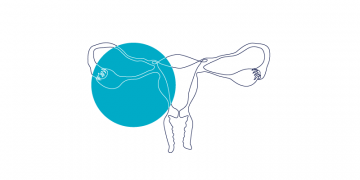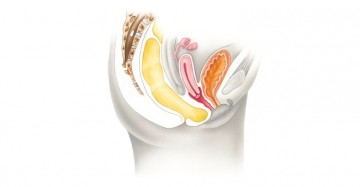Recent Articles
- Matters of the HEEART: How to discuss code status when stakes are high in acute care
- Diagnosis of anxiety conditions in primary care: Part 1
- Environmental impacts of clinical practice: reducing unnecessary care
- Buprenorphine/naloxone for chronic non-cancer pain
- Menopause: Don’t sweat it: Part 1
- Trauma-informed high impact chronic pain care
Visit UBC CPD at ubccpd.ca

View all CPD learning activities: virtual, in-person and hybrid conferences, workshops, webinars, online modules, customized community courses, simulation hands-on courses, coaching, mentoring, personalized learning, recordings, and more.
Addiction
Antibiotics
Apps
Arthritis
Atrial fibrillation
Beta blockers
Billing
Blood work
Cardiovascular
CBT
Children
Chronic pain
Cognitive behavioural therapy
Contraception
COVID-19
Depression
Diabetes
Elderly
Estrogen
Exercise
GI tract
Guidelines
Heart
Heart failure
Hepatitis C
Infants
iOS
IUD
Kidney disease
Mental health
Opioids
Pain
Patient handouts
Practice change
Practice tip
Pregnancy
Resources
Resources for practitioners
Sexual medicine
Teaching
Thrombosis
Vaccine
Venous thromboembolism
Well-being
Women's health


Recent Comments